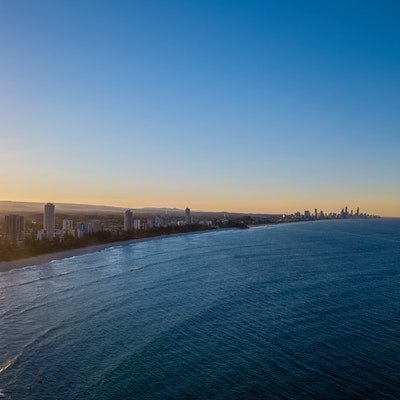When you’re planning future travels, don’t just jet off without considering the ethical impact of your trip. Take the time to research where you are going and how you will behave when you are there, making a conscious effort to be a more ethical traveller. Here are a few ways that you can start to travel more ethically.
Support local businesses
Avoid chain stores and restaurants when you are travelling, instead choosing to invest your money into the local economy. Seek out local markets and shops rather than buying everything from large supermarkets, ensuring that local growers and farmers receive more money that the small cut that they would otherwise receive. Avoid eating in places such as McDonalds and Starbucks, paying attention to where the locals eat and supporting small local businesses.
Leave no trace
Always pick up after yourself and never leave or throw rubbish in nature – even if you see other people littering. Plastic pollution is a growing problem all around the world and as global travellers, we are in a place of privilege to help this. If you see rubbish littering the ground, pick it up and dispose of it correctly. Make an effort to recycle as much as possible. Carry a reusable water bottle with a filter so you don’t have to buy plastic bottles of water. Also remember to take nothing with you when you leave, such as shells or flowers. Leave places exactly as you found them.

Avoid animal tourism
Avoid all forms of animal attractions such as Sea World, riding elephants or posing for photos with tigers. There is a long history of abuse with these attractions, and you should not encourage or fund them. If you wish to see animals on your travels with activities such as gorilla trekking or whale watching, do extensive research and book with reputable companies who respect the animals that they visit, always in their natural habitats. If you see animals in the wild, keep your distance and never feed them.
Avoid contributing to over-tourism
Many places around the world do not want any more visitors. Cities and natural landscapes alike are becoming overwhelmed with visitors – especially locations on the cruise ships routes. Avoid contributing to problems of over-tourism by being conscious of where you are visiting. Perhaps you could visit popular locations outside of their peak tourism period, or seek out alternatives that are crying out for visitors. If you are taking a cruise, be mindful of the places you are visiting and always invest money into the local economy, eating and shopping in the places you visit.
Don’t give money to children
All around the world you will be confronted with upsetting scenes of children begging for money. Don’t be tempted to give them money – you could be encouraging children to skip school or even contributing to sinister trafficking schemes. If you want to help, do your research and donate money to a local charity that fights poverty.
Dress appropriately
Make sure you research the respectful dress codes for the places that you visit. Look into whether local religions or cultures expect you to cover certain parts of your body at any time and abide by these rules. You will stick out like a sore thumb and be disrespectful by ignoring their traditions. It’s also worth researching any habits that you may not realise are seen as rude in the places you are travelling to.

Ask permission before taking photos
We all love to take photographs when travelling, but before you start snapping away pay attention to what you are capturing. If your shots include local people, always ask their permission before getting your camera out. Most of the time people will agree and some may even delight in being your subject, but if someone says no, respect their decision and move on.
Emma Lavelle is a UK based writer and photographer and has her own blog Field and Nest.















